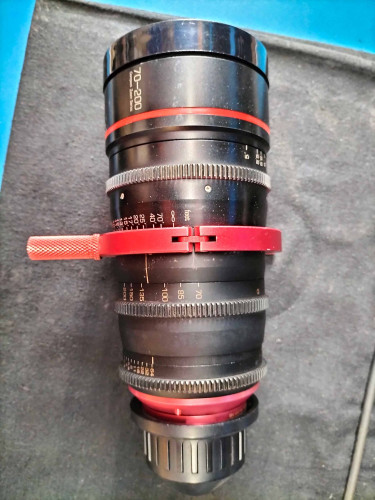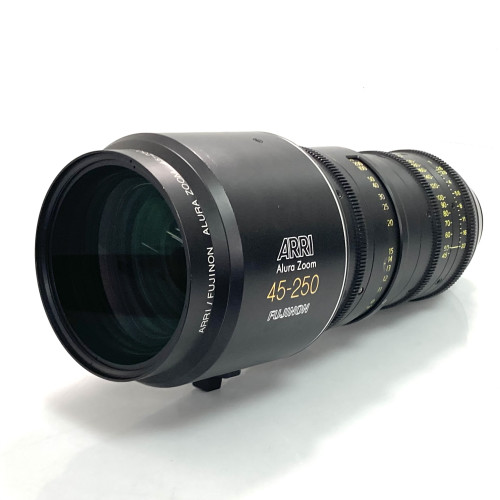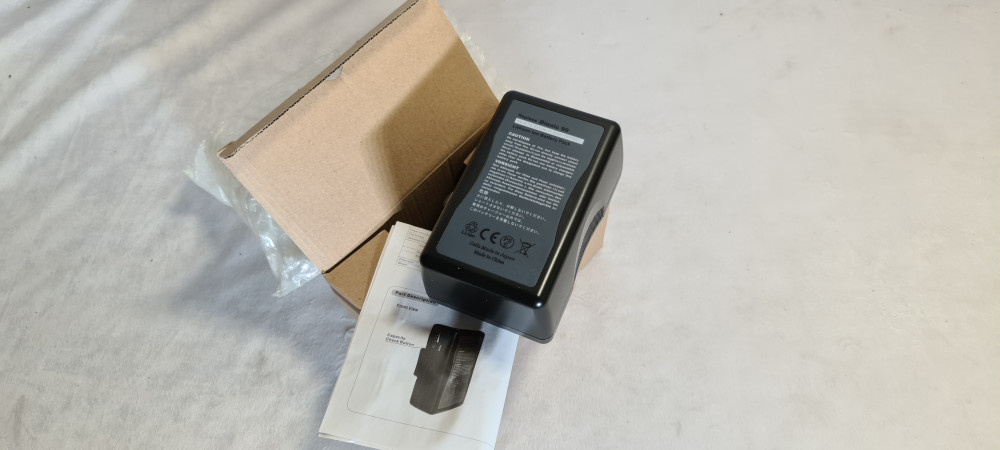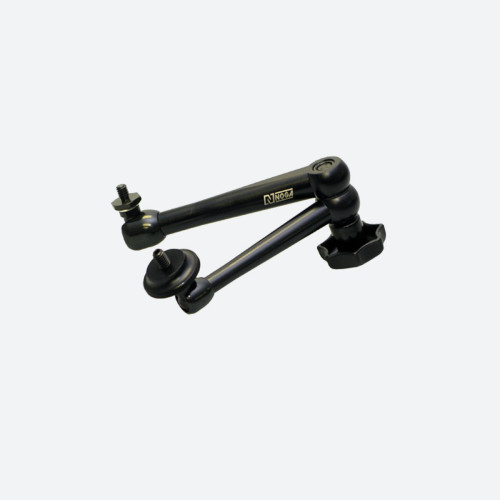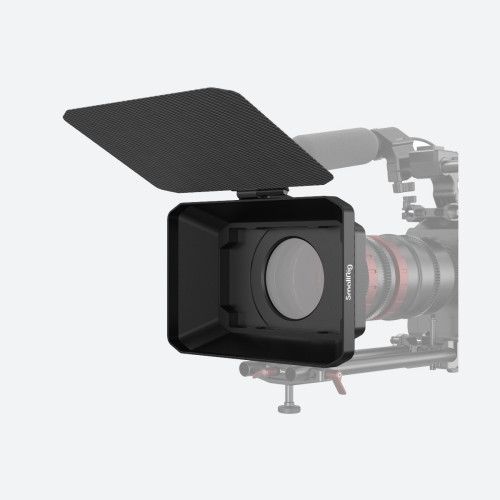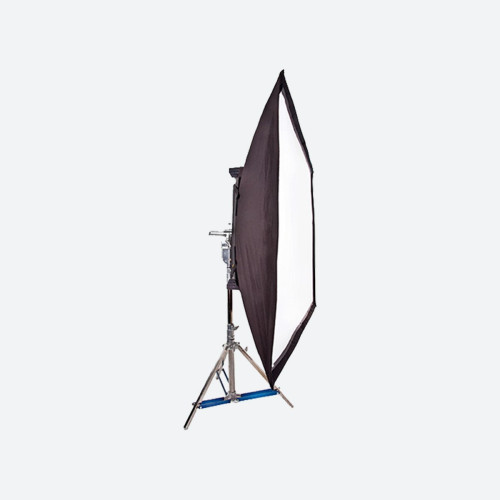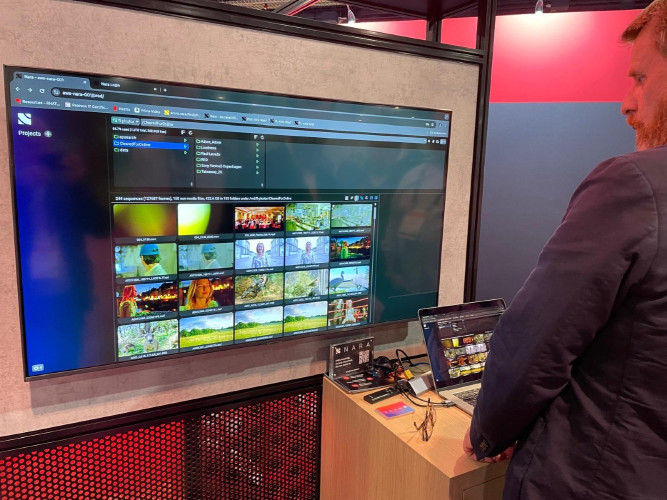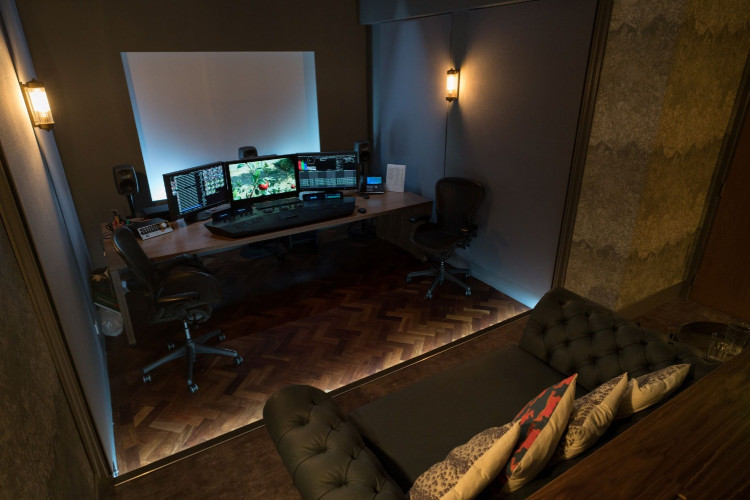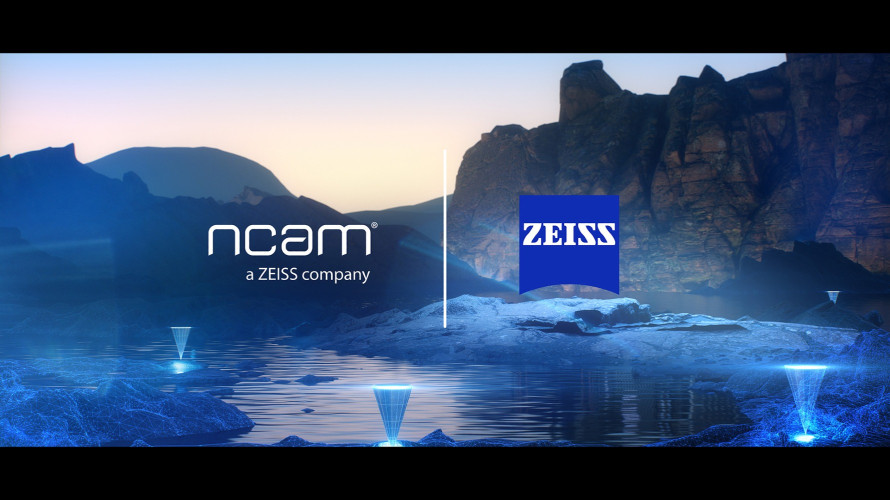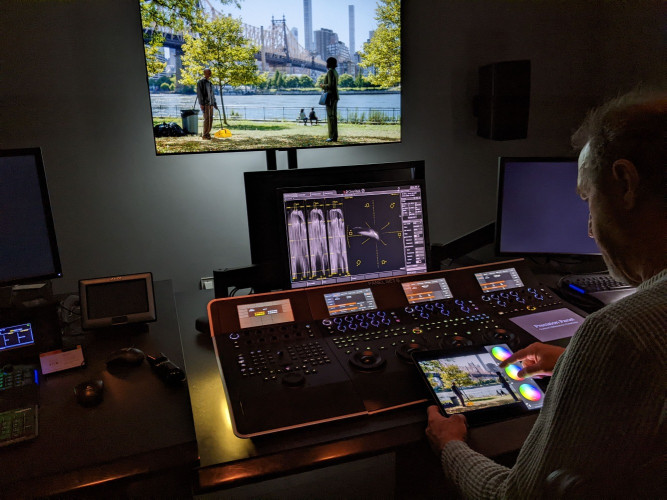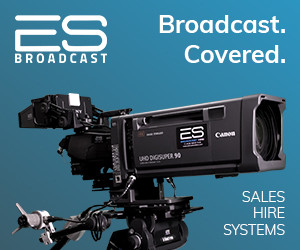THE RISE AND FALL AND RISE AND FALL OF POST PRODUCTION

Author: Bob Pank#
Published 1st August 2011
I was sitting in the pub the other day and met an old editor mate of mine. We started chewing the cud about post-production and, inevitably, the glory days. When I first met him, in the early 80s, I hadn’t even started my career in broadcast leasing. He, meanwhile, had a money clip full of £50 notes and was the talk of the town.
He didn’t have enough capacity to do all the work he was being asked to do at the time, which involved cutting films for enormous sums of money. Some of his work was for iconic brands which, if you are as long in the tooth as I am, you will undoubtedly recognise. Now he is skint having spent all his money. And he can’t work. This is not because he can’t function but because he can’t change. He is, sadly, bitter.
I bet you know at least one person in Soho who similarly spends their time bemoaning the loss of the good the old days and how they can’t earn decent amounts now because it is all being done by kids, in their bedrooms, for no money.
Well, in my view, he couldn’t have got it more wrong because post-production is all about change and woe betide anyone who, like him, can’t.
In the 80s, Mike Luckwell sold MPC to Carlton Communications who then bought Quantel at a price far exceeding market expectations. Those were heady days for post-production. People paid premium prices for a premium product and London was booming. Setting up a post facility had a cost of millions, but you were likely to return millions in a very short time. Then what happened? Well, first we had a recession and that was bad news for post-production which is the feast or famine of the broadcast industry - as soon as advertisers stop spending, post-houses start to suffer.
The recession of the early 90’s started to change things majorly, reshaping the industry to create what it is today.
The advance of non-terrestrial TV, most notably Sky, drove down the cost of programming. In addition, broadcasters had to pay much more or risk losing a key event. Post-production budgets inevitably became smaller. At the same time, non-linear and computer-based products started to become the norm. Avids, Lightworks, Discreet – they were the buzz words of the 90s, not least as they made editing suites much more affordable.
Manufacturers spent their time working towards making equipment that cut costs, understanding the market had changed declining budgets that were available for television and adverts. By about 2006 it was possible to set yourself up for maybe half a million pounds; in 1995 it had been more like £2 million. In general, the economy was doing rather well. It was boom time again.
However, this meant that too many companies were chasing small budgets; all we needed was a tip over the edge for the industry to slip back again. This is exactly what happened when recession hit us towards the end of that decade.
As soon as advertising revenues dip, the whole post-production industry grinds to a halt (watch ITV’s figures for proof; they are a good bellwether indicator). It is then that people have to be ready to change and adapt by learning new ways of getting income through their doors. If you don’t change, you will fail. This is what happened to the majority of the midrange post-production houses: companies that set up in the style of the 90s, with a large amount of capital kit, were slow to adapt to smaller budgets and new ways of attracting business.
The market rarely sustains wrong models in tough times.
Hopefully, Pepper will be the last casualty this time round, though a couple of other companies are perilously close to going to the wire. They failed to notice that times were changing.
Back to the pub...
So what does this all tell me? Well, it is back to my mate in the pub. He did not change with the industry and as a result, he no longer feels part of it. Similarly, mid-range post-production did not change and it has now all but been erased. So what is the secret? It is adaptability. Embrace new styles of working if they can bring a better return to you and your customer. It might sound easier to say than to do if you aren’t naturally a lover of change, but take the advice from someone who is.
Back to the future - It is in 3D
3D is the new kid on the block. At last, I have seen it – the Wimbledon men’s final in 3D courtesy of Sony. What marks would I give it out of ten? I would give a high eight for production, apart from a rather annoying round ball that came out at you every time they replayed anything. This was just as annoying as Greg Rusedski commentating. However, I think I have seen it in its best format - a large chair in front of a large screen, not in my home on a 50”. But, hey, I am willing to adapt and change and take in new concepts.
And the answer is…
…always look forward, not backwards and you won’t become that Soho bore who had never had it as good as he did in the eighties (apart from the music … but that’s another story).
If you would like advice on surviving and managing change, or on raising money for your business, do email me on peter.savage@azule.co.uk and/or write to the TV bay editor. To read other articles in this series, visit our website: www.azule.co.uk



